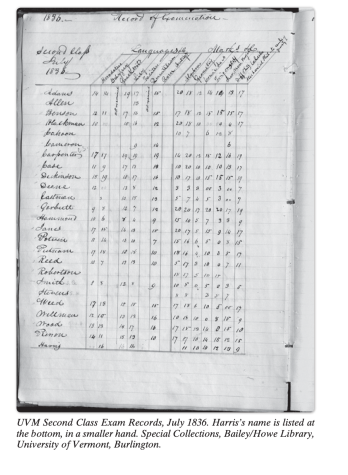Animal Collective Rewinds
Over the past 10 years, few bands have been as consistently great, unique and, perhaps most notably, divisive, as the Baltimore-based group Animal Collective.
Their newest album, Centipede Hz released on Sept. 3 is the latest in a long line of psychedelic noise-pop that has captured the alternative music scene.
There are few bands that are so revered by their fans and at the same time written off by their detractors. Showing Animal Collective to a new listener is often a painful experience: reactions typically range from “This is really interesting to, What the hell is this? Its just noise!”
Admittedly, I was no different when I was first introduced to their entirely matchless style, more confused than anything at the cacophony of noises assailing my ears.
Slowly but surely, however, the beauty hidden under, in, around, on top of, inside of, flat-out everywhere in their sound took my ears prisoner to their psychedelic, and yet incredibly humanistic world.
Suffice to say, this band is important to me and their newest release was awaited with a little more than bated breath.
Centipede Hz is a sometimes messy, sometimes glorious step back into the past compared to their highly regarded and much more accessible previous album Merriweather Post Pavilion.
Centipede Hz is much more attuned to their early garage noise efforts, such as Here Comes the Indian, than their more recent albums. For some, this return to the past may be a treat, but for others perhaps a slight disappointment.
Of course, simply categorizing their albums as such is a disservice to a band of Animal Collectives caliber. There are many fantastic moments on this album, and their trademark creativity is at full steam.
Songs such as Applesauce, Monkey Riches, and Todays Supernatural pulsate and crackle with chaotic psychedelic beats and noises, while Avey Tares emotional vocals serve as your twisted guide through the soundscape.
The lyrics are as profound as ever in their simplicity and reflect the bands age and maturity.
Existential confusion and the difficulties of navigating relationships remain the centerpiece issues: Two human beings/Im upset, youre upset, whats to be done? Avey Tare groans on highlight track Mercury Man.
Indeed, Avey Tares fingerprints are everywhere on this album, while Panda Bear the other primary singer/songwriter who serves as the ethereal, spiritual counterweight to Avey Tare seems conspicuously absent.
While I love Avey Tare, the beautiful, out-of-body moments of Panda Bears songwriting, as well as his soft and comforting vocals, are sorely missed.
Certainly, Centipede Hz is a good album, and one that is well worth a listen. Im sure, as often happens with Animal Collective, that I will grow to appreciate it even more. For now, however, it is hard to include it as one of their greats.





